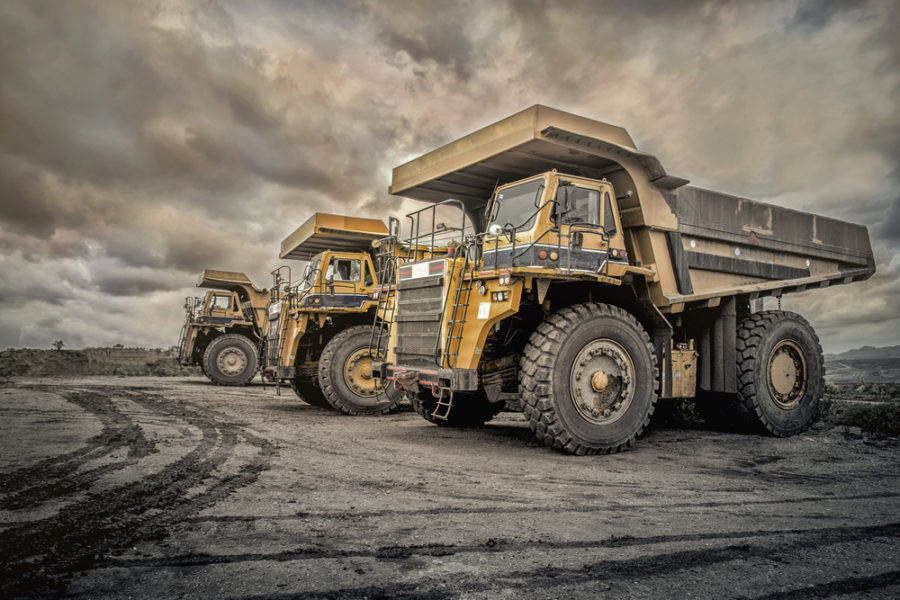Trusted Construction Equipment Rentals for Your Jobs
Wiki Article
Renting Out Vs. Purchasing Building Devices: Making the Right Selection for Your Task
When getting started on a building project, one of the vital choices that project managers and stakeholders encounter is whether to acquire or rent building and construction devices. The decision hinges on various variables such as price considerations, job duration, devices upkeep, scalability, risk, and adaptability administration.Price Factors To Consider
When evaluating the financial facet of getting versus renting out construction tools, the in advance expenses and long-lasting expenses need to be meticulously thought about. Leasing tools often calls for reduced initial payments compared to purchasing, making it an eye-catching alternative for temporary tasks or specialists with budget plan constraints. Renting removes the demand for large resources expenses and minimizes the monetary risk associated with equipment ownership, such as upkeep and depreciation costs. Nevertheless, in the long run, continuously leasing equipment can collect greater costs than purchasing, especially for prolonged tasks.On the various other hand, getting building devices entails greater in advance prices but can lead to long-lasting financial savings, especially for long-term tasks or regular users. Owning equipment supplies adaptability, ease, and the capacity for resale worth once the task is finished. Furthermore, having tools allows for modification and experience with details equipment, potentially raising performance and productivity on-site. Eventually, the choice between renting out and buying building and construction devices depends upon the project's duration, regularity of usage, spending plan considerations, and long-term economic goals.
Project Period

On the other hand, for lasting tasks or ongoing building job, getting tools could be the extra cost-effective alternative. Getting tools can result in set you back financial savings in the future, specifically if the equipment will certainly be often made use of. Furthermore, owning tools gives a sense of control over its availability and allows for customization to fit particular project requirements.

Devices Upkeep
Provided the critical function task duration plays in identifying the most affordable strategy in between renting and purchasing construction devices, the emphasis currently moves towards checking out the necessary facet of equipment maintenance. Appropriate maintenance is important for making sure the optimum performance and long life of building and construction devices. Renting equipment commonly includes the benefit of having actually well-kept equipment supplied by the rental company. This can ease the worry of upkeep tasks from the job owner or professional, saving time and initiative. On the various other hand, owning devices requires a positive approach to maintenance to protect against failures, make certain security, and expand the tools's lifespan. Regular examinations, maintenance, and prompt repairs are required to keep owned and operated equipment in top working condition. Consider upkeep prices when determining between renting out and buying, as neglecting maintenance can cause expensive repair work, downtime, and job hold-ups. Inevitably, a properly maintained building and construction equipment fleet, whether rented or owned, is necessary for the successful and efficient completion of building and construction jobs.Adaptability and Scalability
In the realm of building and construction tools monitoring, the facet of adaptability and scalability holds considerable importance for project efficiency and resource use. Opting to rent out building devices gives a high degree of versatility as it allows for the fast modification of devices types and quantities based on the developing needs of a project.Furthermore, scalability, an additional critical factor, is naturally linked to flexibility. Renting building and construction equipment uses the advantage of easily scaling operations up or down as job needs change. Professionals can quickly trade or add equipment to match the job's changing needs without the restraints of having properties that might end up being underutilized or outdated. This capacity to scale resources successfully can lead to price savings and boosted task timelines, making renting a favorable option for jobs needing flexibility and receptive source appropriation.
Threat Management
Efficient risk administration in building tools operations is extremely important to making sure task success and mitigating possible financial losses. Building and construction jobs naturally include different risks, such as tools failures, mishaps, and job delays, which can considerably impact the job timeline and spending plan. By very carefully considering the risks connected with owning or renting building and construction devices, project managers can make enlightened decisions to minimize these prospective threats.Leasing construction equipment can provide a degree of threat mitigation by transferring the obligation of repair and maintenance to the rental firm. This can reduce the monetary burden on the task owner in case of unforeseen equipment failings (forklift rental). Furthermore, renting offers the adaptability to access customized tools for particular job phases, reducing the threat of possessing underutilized equipment
On the various other hand, having building and construction equipment gives a feeling of control over its usage and upkeep. Nevertheless, this likewise means birthing the complete duty for fixings, upkeep expenses, and depreciation, raising the monetary dangers connected with equipment possession. Cautious risk analysis and factor to consider of aspects such as task duration, equipment utilization, and maintenance demands are essential in establishing the most ideal option for reliable risk administration in construction projects.
Final Thought
In conclusion, when deciding in between renting and purchasing construction tools, it is crucial to take into consideration expense, job period, tools maintenance, flexibility, scalability, and threat management. Each factor plays a vital duty in identifying one of the most appropriate alternative for the task at hand. By very carefully evaluating these facets, project managers can make an enlightened decision that lines up with their budget, timeline, and total job goals.
Report this wiki page